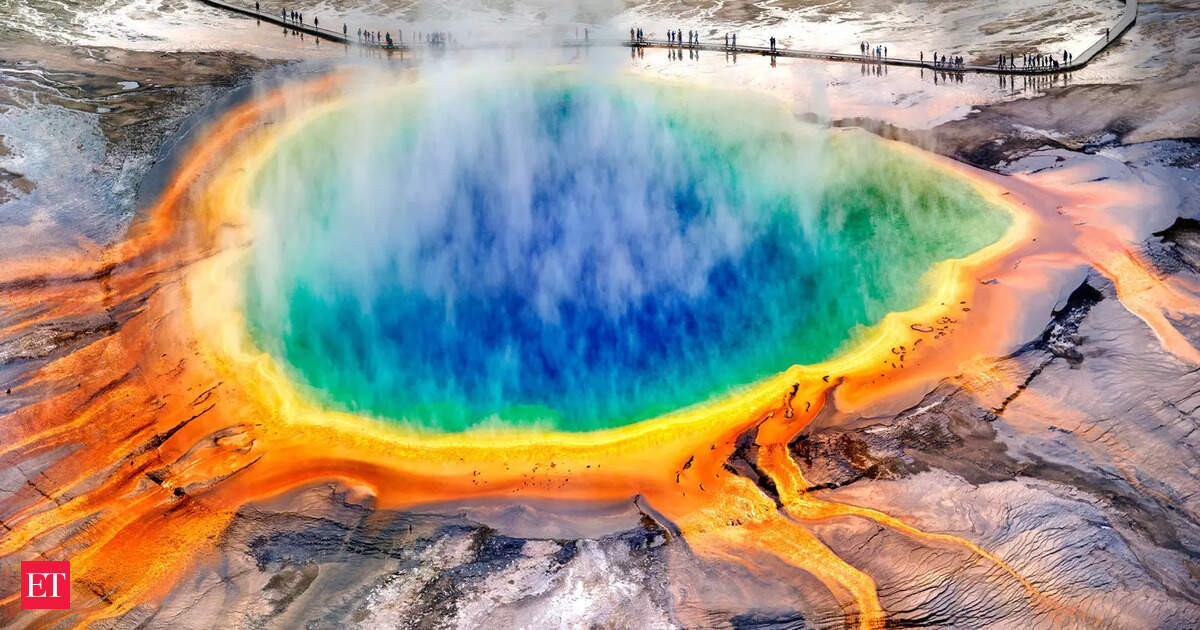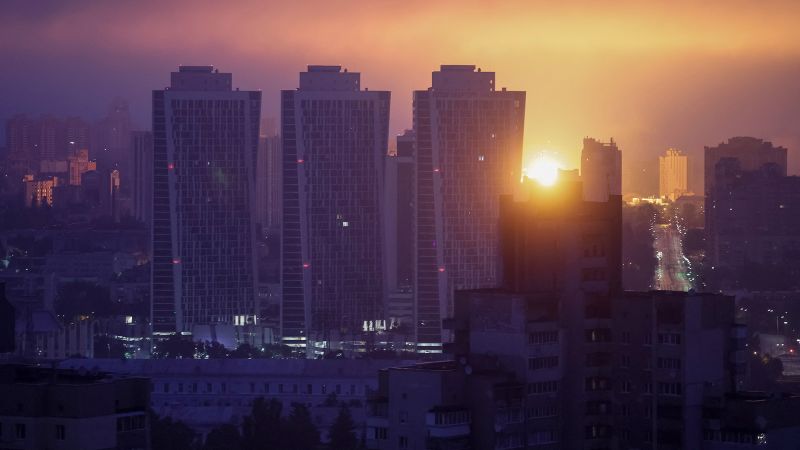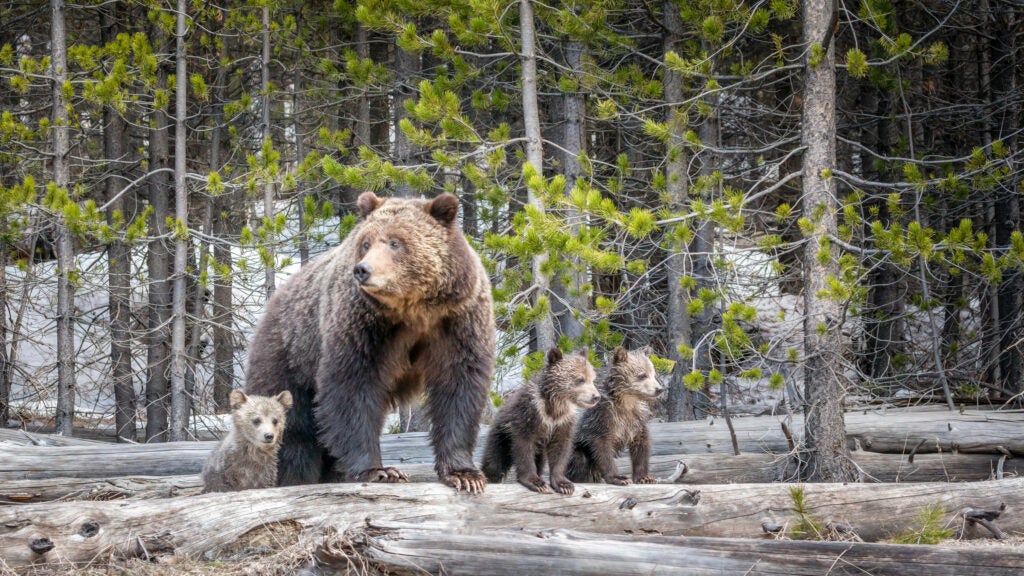The Yellowstone Supervolcano: Current Activity And The Probability Of Eruption

Welcome to your ultimate source for breaking news, trending updates, and in-depth stories from around the world. Whether it's politics, technology, entertainment, sports, or lifestyle, we bring you real-time updates that keep you informed and ahead of the curve.
Our team works tirelessly to ensure you never miss a moment. From the latest developments in global events to the most talked-about topics on social media, our news platform is designed to deliver accurate and timely information, all in one place.
Stay in the know and join thousands of readers who trust us for reliable, up-to-date content. Explore our expertly curated articles and dive deeper into the stories that matter to you. Visit Best Website now and be part of the conversation. Don't miss out on the headlines that shape our world!
Table of Contents
The Yellowstone Supervolcano: Current Activity and the Probability of Eruption
The Yellowstone Caldera, a supervolcano nestled in the heart of Yellowstone National Park, has captivated and concerned scientists and the public alike for decades. Its potential for a cataclysmic eruption, capable of altering global climate and causing widespread devastation, is a topic frequently discussed, often fueling anxieties. But what is the current state of the supervolcano, and how likely is a future eruption? Let's delve into the latest scientific understanding.
Understanding Yellowstone's Volcanic History
Yellowstone's history is punctuated by three colossal eruptions, occurring roughly 2.1 million, 1.3 million, and 640,000 years ago. These cataclysmic events left behind the vast caldera we see today, a depression formed by the collapse of the Earth's surface after magma chambers emptied. While the time between these super-eruptions is variable, understanding this history is crucial in assessing future risk. The smaller, less frequent eruptions within the caldera provide valuable insights into the ongoing magmatic activity beneath the surface.
Monitoring Yellowstone's Vital Signs: Current Activity
The United States Geological Survey (USGS), in collaboration with other scientific institutions, rigorously monitors Yellowstone's activity through a sophisticated network. This monitoring includes:
- Seismic Activity: Thousands of earthquakes occur annually within the Yellowstone region, most too small to be felt. However, these tremors provide valuable data about magma movement and pressure changes within the Earth's crust. Increases in seismic activity, particularly in clustered swarms, are closely analyzed for potential significance.
- Ground Deformation: GPS and InSAR (Interferometric Synthetic Aperture Radar) technologies precisely measure changes in the ground's surface. Uplift and subsidence, even in millimeters, can indicate magma movement or changes in hydrothermal systems. These subtle changes are crucial indicators of underlying processes.
- Geothermal Activity: Yellowstone boasts abundant geothermal features – geysers, hot springs, and fumaroles. Changes in their activity, such as increased water temperature or gas emissions, can reflect variations in the underlying heat source. Careful monitoring of these features provides important clues about subsurface processes.
- Gas Emissions: Monitoring the composition and volume of gases released from geothermal features helps scientists assess the state of the magma chamber. Elevated levels of certain gases, such as carbon dioxide or helium, can indicate increased magmatic activity.
The Probability of Eruption: A Complex Question
While Yellowstone remains volcanically active, the probability of a super-eruption in the near future is extremely low, according to the USGS. The current activity, while significant, does not indicate an imminent catastrophic event. Instead, scientists emphasize the importance of continued monitoring to better understand the complex processes occurring beneath the surface and to improve eruption forecasting.
What Would a Future Eruption Look Like?
The type and scale of a future eruption at Yellowstone are highly uncertain. While a super-eruption remains a remote possibility, smaller eruptions, similar to those experienced historically within the caldera, are considered more likely. These smaller eruptions, while still potentially hazardous, would not have the global impact of a super-eruption. Understanding the full range of potential scenarios is vital for effective hazard mitigation.
Conclusion: Preparedness, Not Panic
The Yellowstone supervolcano is a powerful and dynamic system. While the probability of a large-scale eruption is low, understanding the volcano’s behavior is crucial for effective hazard mitigation and preparedness. The USGS's ongoing monitoring efforts provide valuable data that inform scientific understanding and public safety initiatives. Instead of panic, informed awareness and continued scientific research are key to navigating the potential risks associated with this fascinating geological wonder. Learn more about Yellowstone's volcanic activity by visiting the .

Thank you for visiting our website, your trusted source for the latest updates and in-depth coverage on The Yellowstone Supervolcano: Current Activity And The Probability Of Eruption. We're committed to keeping you informed with timely and accurate information to meet your curiosity and needs.
If you have any questions, suggestions, or feedback, we'd love to hear from you. Your insights are valuable to us and help us improve to serve you better. Feel free to reach out through our contact page.
Don't forget to bookmark our website and check back regularly for the latest headlines and trending topics. See you next time, and thank you for being part of our growing community!
Featured Posts
-
 Sirius Xm Split Behind Her Michelle Beadle Enjoys A Dream Vacation
Jul 23, 2025
Sirius Xm Split Behind Her Michelle Beadle Enjoys A Dream Vacation
Jul 23, 2025 -
 Moscow Airport Disrupted As Ukraine Launches Drone Attacks Amidst Intense Russian Missile Strikes
Jul 23, 2025
Moscow Airport Disrupted As Ukraine Launches Drone Attacks Amidst Intense Russian Missile Strikes
Jul 23, 2025 -
 Louvre To Guggenheim A Pedestrian Art Journey In Pariss Latest District
Jul 23, 2025
Louvre To Guggenheim A Pedestrian Art Journey In Pariss Latest District
Jul 23, 2025 -
 Michelle Beadles Post Sirius Xm Vacation A Luxurious Escape
Jul 23, 2025
Michelle Beadles Post Sirius Xm Vacation A Luxurious Escape
Jul 23, 2025 -
 Redskins Name Controversy Trumps Ultimatum To Commanders
Jul 23, 2025
Redskins Name Controversy Trumps Ultimatum To Commanders
Jul 23, 2025
Latest Posts
-
 Pension Commission Inquiry Addressing The Retirement Savings Gap Affecting Millions
Jul 23, 2025
Pension Commission Inquiry Addressing The Retirement Savings Gap Affecting Millions
Jul 23, 2025 -
 Solve Nyt Connections Puzzle 772 Hints And Answers For July 22
Jul 23, 2025
Solve Nyt Connections Puzzle 772 Hints And Answers For July 22
Jul 23, 2025 -
 Fake Lafufu Labubus Chinas Response To A Thriving Black Market
Jul 23, 2025
Fake Lafufu Labubus Chinas Response To A Thriving Black Market
Jul 23, 2025 -
 Yellowstone Supervolcano Myth The Truth Behind The Online Animal Migration Panic
Jul 23, 2025
Yellowstone Supervolcano Myth The Truth Behind The Online Animal Migration Panic
Jul 23, 2025 -
 Michelle Beadles Luxurious Vacation A New Chapter After Sirius Xm
Jul 23, 2025
Michelle Beadles Luxurious Vacation A New Chapter After Sirius Xm
Jul 23, 2025
